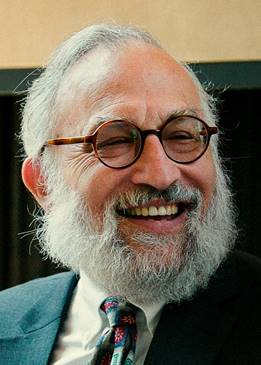Community can only exist on mutual interconnection and commitment, but more than ever, congregations fear asking for that level of engagement from members for fear of scaring them off.
A community is a form of social organization in which the welfare of each is the concern of all, and the life of the whole is the concern of each.
–Rabbi Mordecai M. Kaplan, The Future of the American Jew
In the Western world, marketing has made unprecedented advances in emphasizing individual choice and individual gratification. As a consequence, in our society successful community-building means creating a counter-culture that resists the idea that the individual ought to constantly act in a way that focuses on self-advancement and self-gratification.
Rabbi Mordecai Kaplan correctly understood that belonging to a people profoundly shapes identity; the individual, however, does not directly belong to a people. That belonging is mediated through community. As Kaplan put it in The Future of the American Jew, a community is a “form of social organization in which the welfare of each is the concern of all, and the life of the whole is the concern of each.
That kind of deeply committed, mutual interconnection is not to be found in most contemporary congregations, which do not demand that their members make that kind of commitment for fear of not finding Jews willing to do so. The challenge of building communities of commitment requires that we step back and ask ourselves two key questions: How much meaning is to be found in the outer goods emphasized by marketing? And how much is to be found in long-term relationships, the cultivation of virtues, and lives of shared service? New Jewish communities need to engage deeply those life-changing questions. There are pockets of millennials engaged in asking those questions and engaging in shared living. It is not too late for Boomers to do the same. Community rests on having shared values and life rhythms, shared language and thinking. It does not require socio-economic or political homogeneity, but it does require a commitment to shared living. In that shared living we can find transcendent connection.







